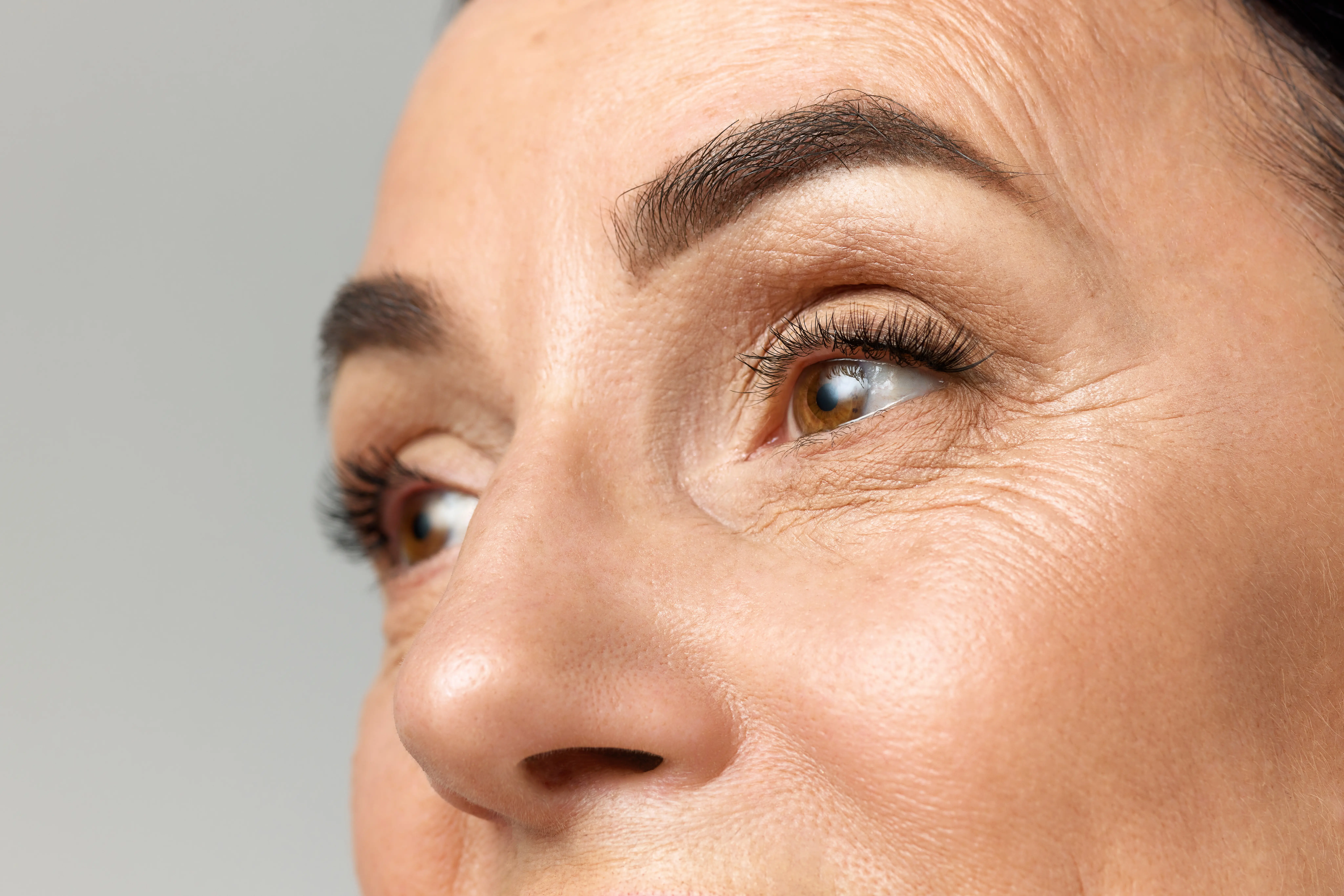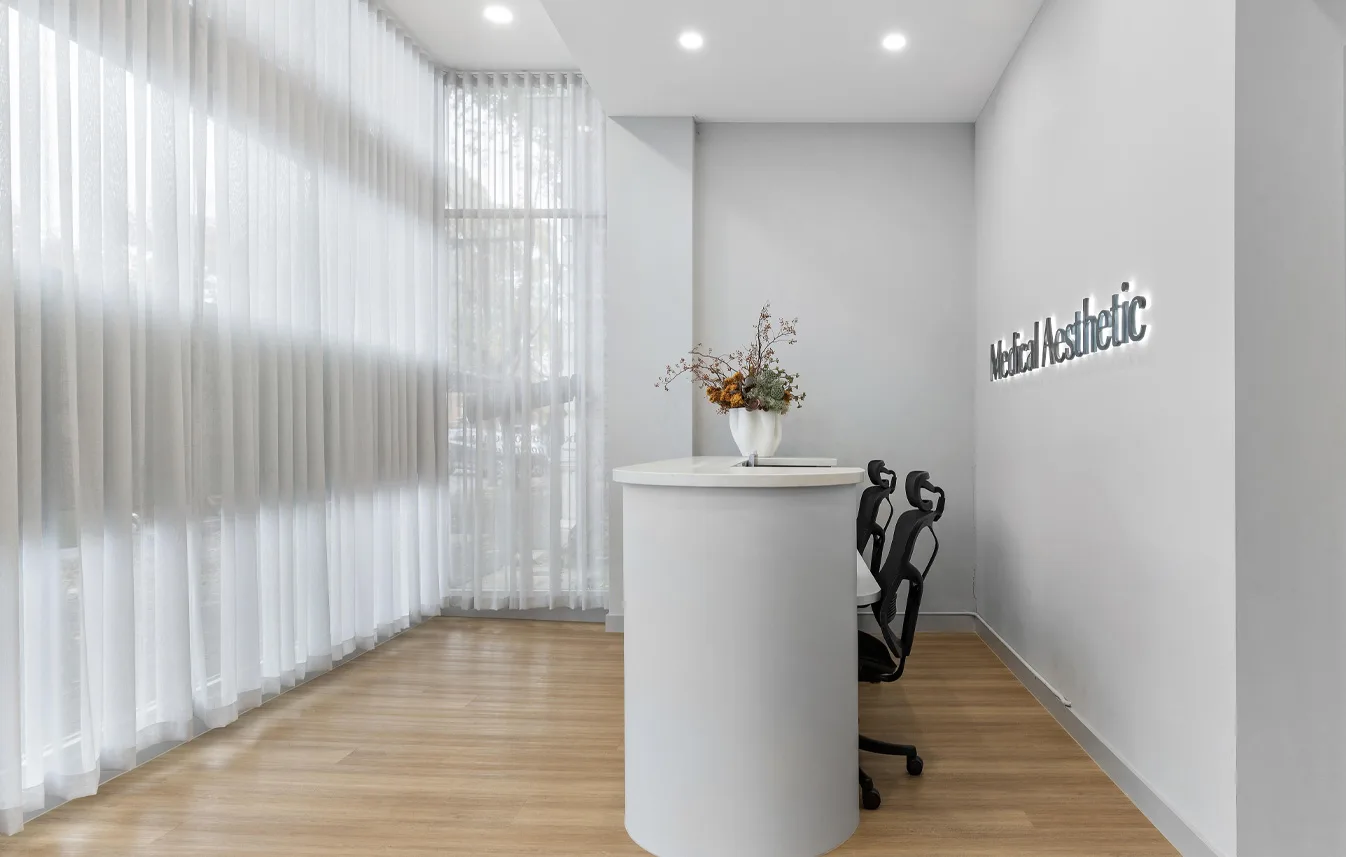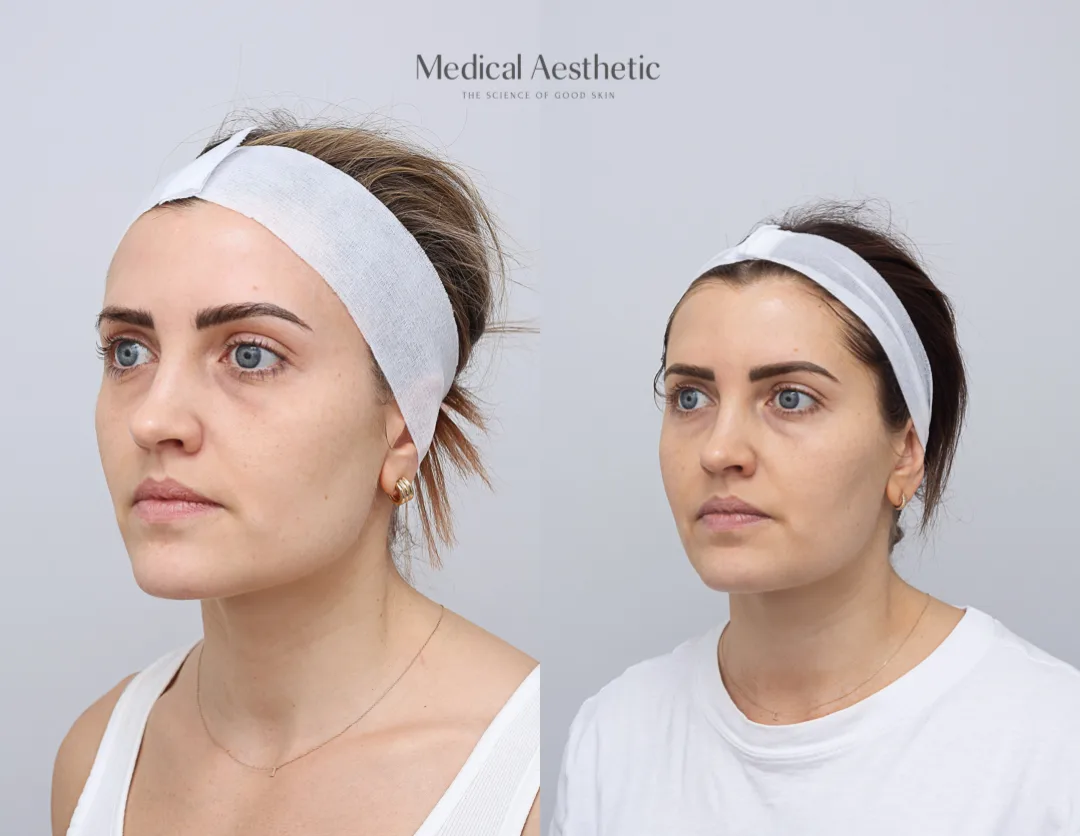
Is BioRePeel Safe for Sensitive or Reactive Skin Types?
If you have sensitive or reactive skin, you may be understandably cautious when considering in-clinic treatments, especially chemical peels. While peels can help improve tone, texture, and clarity, many traditional formulations may feel too strong or risky for those with delicate skin.
One option gaining attention for its gentler approach is BioRePeel. But is it appropriate for sensitive or redness-prone skin? In this article, we’ll explore how BioRePeel works, how it differs from other peels, and what factors to consider if your skin tends to react easily.
What Is BioRePeel and How Does It Work?
BioRePeel is a bi-phase topical treatment that offers the benefits of a chemical peel with significantly less surface peeling and downtime than traditional options. Its key active ingredient is trichloroacetic acid (TCA), used in a low concentration and supported by a blend of amino acids, vitamins, and moisturising agents.
The two-phase technology includes:
- Lipophilic (oil-based) phase: Helps protect and hydrate the skin
- Hydrophilic (water-based) phase: Contains exfoliating and regenerating ingredients
Rather than causing visible peeling or flaking, BioRePeel supports cell turnover by working within the skin’s upper layers, stimulating regeneration and enhancing radiance without major disruption to the skin’s surface. Learn more about our professional peel treatments.
Why Sensitive Skin Needs Special Consideration
Sensitive or reactive skin can be more prone to inflammation, dryness, redness, or flare-ups when exposed to heat, actives, or environmental triggers. Traditional chemical peels, especially those with high acid concentrations or deeper penetration, can sometimes overwhelm this skin type, leading to discomfort or prolonged recovery.
That’s why it’s essential to assess whether a treatment is appropriate for your individual needs before proceeding. Not every “gentle” product suits every skin profile, even if marketed that way.
What Makes BioRePeel Different from Traditional Peels?
BioRePeel is sometimes referred to as a “no-peel peel” because it offers many of the benefits of a chemical peel, like brighter skin, smoother texture, and improved clarity, without the intense surface shedding associated with stronger acid-based treatments.
Key points of difference include:
- Minimal downtime: Many clients return to normal activities soon after
- Hydrating action: Formulated to support the skin barrier, not strip it
- Non-photosensitising: May be suitable year-round with sun protection
- Low TCA concentration (35%): Targets regeneration without high irritation potential
While it’s generally well tolerated, results and reactions can still vary. That’s why clinical assessment is always recommended, especially for sensitive or redness-prone skin.
Can BioRePeel Be Used on Reactive or Rosacea-Prone Skin?
This is one of the most common questions we receive. While BioRePeel has been used on individuals with mild sensitivity or visible redness, it is not suitable for everyone. Clients with rosacea, eczema, dermatitis, or a compromised skin barrier must be assessed carefully before proceeding.
At Medical Aesthetic Laser Clinic, we take the time to evaluate your skin condition, triggers, and overall barrier health. In some cases, a patch test or preparatory skincare may be recommended before treatment is performed. Learn more about how we personalise treatments via Our Approach.
What to Expect During and After Treatment
The BioRePeel application process is typically quick and comfortable. Most clients report a mild tingling or warmth during the session, which subsides quickly. There may be some transient redness immediately after treatment, but it generally resolves within a few hours.
Post-treatment, your skin may appear slightly more radiant, with continued improvement over the following days as cellular turnover increases. Most clients experience little to no visible peeling, but individual responses do vary.
Aftercare usually includes:
- Avoiding active ingredients for 2–3 days (e.g., retinoids or exfoliants)
- Using a gentle cleanser and moisturiser
- Applying sunscreen daily
We’ll provide you with specific advice tailored to your skin and any sensitivities you may have.
Speak to a Clinician About Your Skin Type
If you’re considering BioRePeel and have sensitive or reactive skin, the first step is to speak with a qualified clinician. A full skin analysis will help determine whether this treatment is appropriate for you, or whether another approach may better support your skin’s health.
At Medical Aesthetic Laser Clinic, we prioritise safety, individualised care, and evidence-based treatment planning. Our clinicians are experienced in working with sensitive skin and will guide you through the decision with care and clarity. Book a personalised consultation




